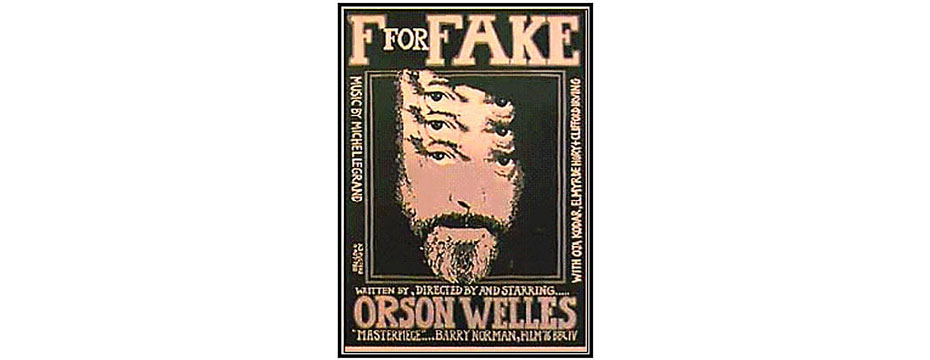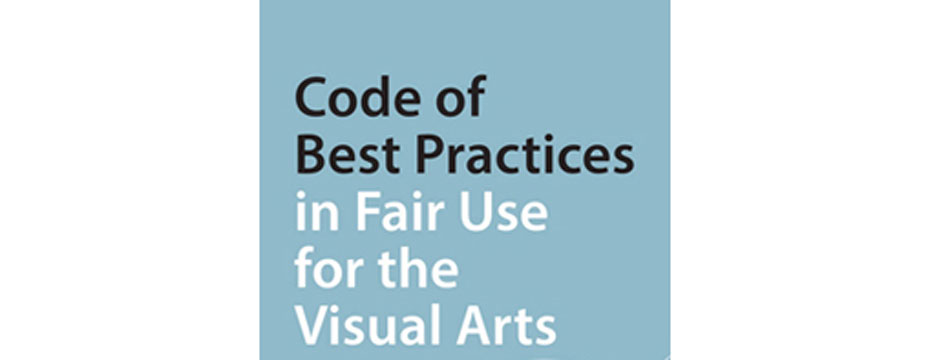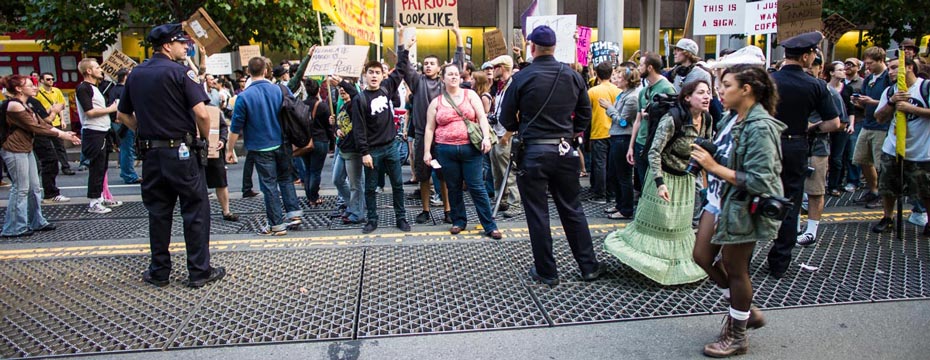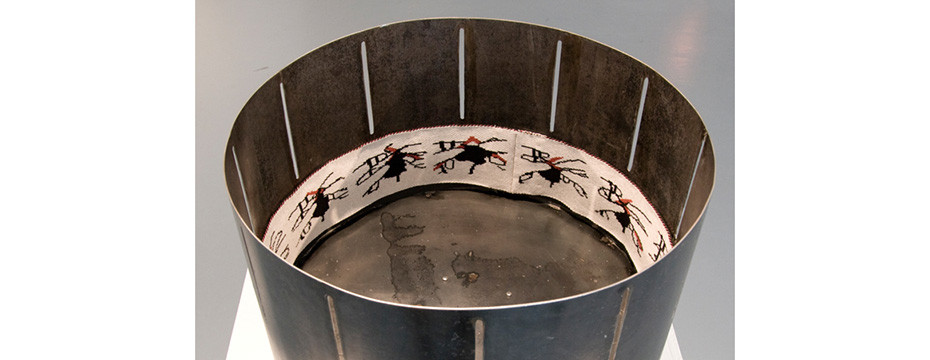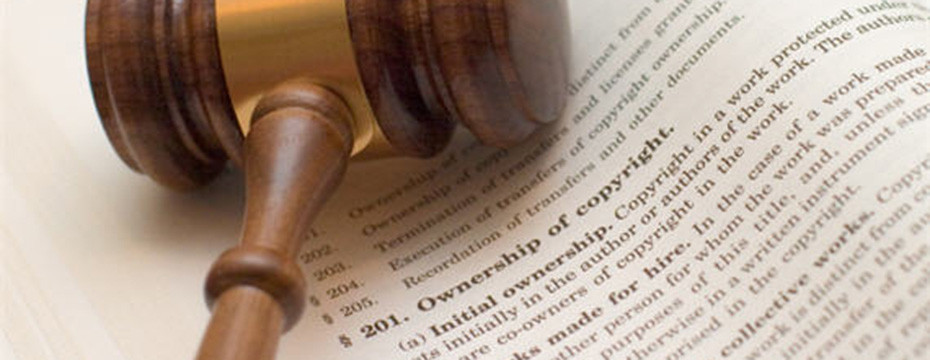
Daniel Morel vs AFP/Getty Images
After a seven day trial, on November 22, 2013 the jury in the Daniel Morel vs. Agence France-Presse (AFP) and Getty Images (Getty) trial awarded the defendant, Daniel Morel, the maximum statutory damages allowed by the law. The jury awarded in the amount of $1.2 million while finding that the corporations acted willfully in violating the copyright act and that they were not innocent in their actions. – See more here.
Getty and AFP were also found guilty for a total of 16 counts (based on eight images) of the Digital Millennium Copyright Act, for the amount of $400,000, according to Joseph Baio, Morel’s attorney. Baio says, “Morel is delighted that the jury found that Getty/AFP were willful when they learned what they did to him.” As to public response from Getty and AFP? Baio stated “There was stone silence from the defense. Dumbfounded. It looked like a bomb went off!” He said the jury decided to multiply the award amount recommended by AFP and Getty (based on a day rate of $275) by 1,000—the most allowed by the law.
This landmark verdict comes four years after Morel’s images of the 2010 Haiti earthquake were distributed without his permission by the two stock agencies and attributed to Lisandro Suero, who stole his images from his Twitpic account. AFP and Getty were initially found guilty of copyright infringement after a January trial presided over by Judge Alison Nathan. She also ruled that Morel did not forfeit his copyright when he published his images to Twitter, as claimed by Getty and AFP.

One of the images in the lawsuit. Image ©Daniel Morel.
Copyright laws are written with balance in mind, to be a balanced incentive system that encourage authors and inventors alike to create new things. By helping creators and authors receive fair compensation for their investment of time in creating new and different works, society as a whole enjoys the depth and breath of the imagery created. At the same time, copyright law does put some limits on authors, such as memorializing fair use and limited terms of protection, to help make sure that intellectual property rights don’t unfairly inhibit new creations or the creators of them working with derivatives of historic works. When the system works right, it can be a powerful force for creativity, innovation, and for consumer protection. Copyrighted materials without proper IP rights have the opposite effect, giving IP owners a veto on innovation and stifling free speech.
It is good to see abuse of the system punished, and the violators substantially penalized. If it gets too expensive, corporations will pay much more attention to seeing that the creators get fairly compensated, just as the corporations presently make sure that they get appropriately compensated themselves.
Unhappy over getting caught with their hands in the cookie jar, Getty Images and Agence France-Presse (AFP) have asked a federal district court to undo the $1.2 million jury verdict against them for willful infringement of Morel’s copyrights, calling the verdict “a miscarriage of justice.” In a brief they submitted to the US District Court in Manhattan last week, the agencies argued that “no reasonable jury could conclude either AFP or Getty acted willfully as defined under applicable law, based on the evidence in the record.”
They asked the court to vacate the decision in one of three ways: declare that AFP and Getty are liable for “regular” rather than “willful” infringement, thereby forcing a reduction of the damages award; give the agencies a chance to re-argue their case before a different jury; or simply reduce Morel’s award for copyright infringement from $1.2 million to $200,000.
PLEASE RATE THIS STORY! [ratings]




